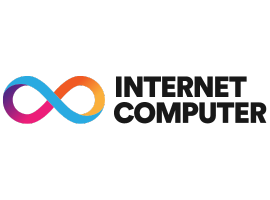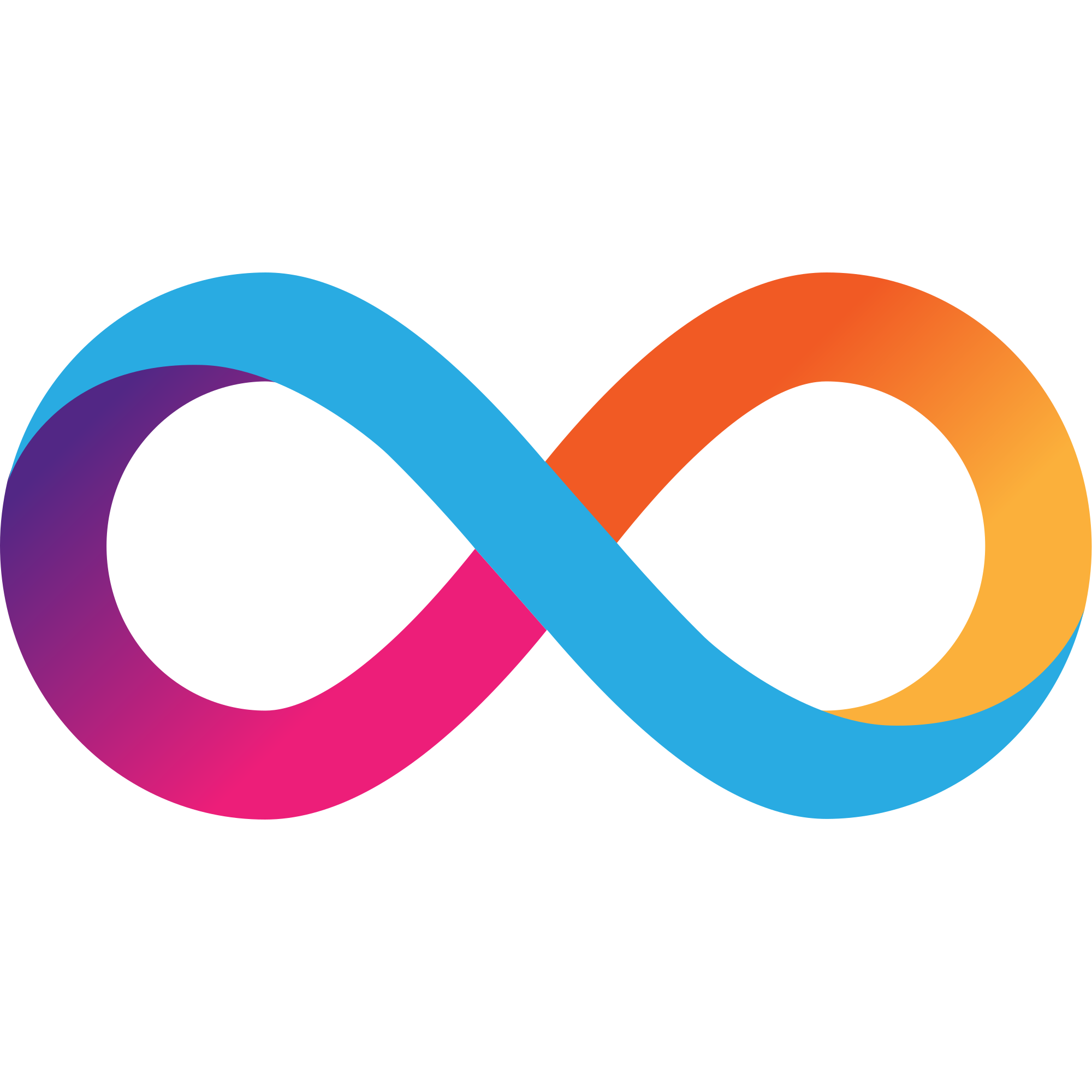
Internet Computer
A decentralized blockchain platform enabling developers to build secure, scalable, and autonomous web3 applications without reliance on traditional IT or Big Tech.
Overview
The Internet Computer (ICP) is a decentralized blockchain platform designed to host secure, network-resident code and data, enabling developers to build web3 applications that operate independently of traditional IT infrastructure and Big Tech control. It supports a wide range of applications including social media, games, decentralized finance (DeFi), multichain apps, secure front-ends, ledgers, enterprise software, and AI models. ICP’s architecture ensures applications are censorship-resistant, immune to cyber attacks, and can run autonomously under decentralized autonomous organization (DAO) governance.
ICP introduces the concept of canisters, which are smart contracts capable of running complex logic and storing data on-chain. Developers can build using multiple programming languages including Motoko, Rust, TypeScript (via Azle), and Solidity (through Bitfinity). The platform offers a comprehensive developer ecosystem with extensive documentation, tutorials, a web IDE (ICP.Ninja), and community tooling. ICP also features Chain Fusion technology, enabling seamless cross-chain interactions with Bitcoin, Ethereum, and other networks, allowing canisters to sign and submit transactions across chains.
What sets ICP apart is its end-to-end decentralization combined with TCP/IP connectivity, allowing it to host software directly on the internet without intermediaries. This design enables applications to be unstoppable and tamper-proof, with tokenization and autonomous operation capabilities. ICP’s economic model uses cycles to pay for computation and storage, with competitive costs such as $5 per GB per year for storage and extremely low instruction execution costs. The platform is supported by the DFINITY Foundation and an active developer community, with ongoing updates, hackathons, grants, and an alliance program to accelerate adoption.
Developers can get started quickly by using the ICP developer portal, which consolidates all resources including SDKs, developer docs, sample projects, and community forums. The platform supports advanced features like Internet Identity for web3 authentication, staking and governance via the Network Nervous System (NNS), and integration with AI workloads. ICP’s roadmap and ecosystem continue to evolve, focusing on scalability, interoperability, and developer experience improvements.
The Problem
Developers face challenges building decentralized applications that are fully autonomous, censorship-resistant, and scalable without relying on centralized infrastructure or Big Tech platforms. Existing blockchains often lack the performance, interoperability, or developer tools needed for complex web3 applications.
The Solution
Key Features
Internet Computer Alternatives
Explore web3 competitors and apps like Internet Computer.

Virtual TestNets
Pricing
Standard | |
|---|---|
| Price (Monthly) | Free |
| Price (Annual) | Free |
| Messaging | N/A |
| Support | Community support via Discord and GitHub |
| Analytics |
Start Building Now
Reliable RPC, powerful APIs, and zero hassle.
Resources
The Internet Computer provides extensive resources including comprehensive developer documentation, tutorials, sample projects, a web IDE, and active community forums to support developers at all levels. The developer portal consolidates these materials for easy access and continuous learning.








